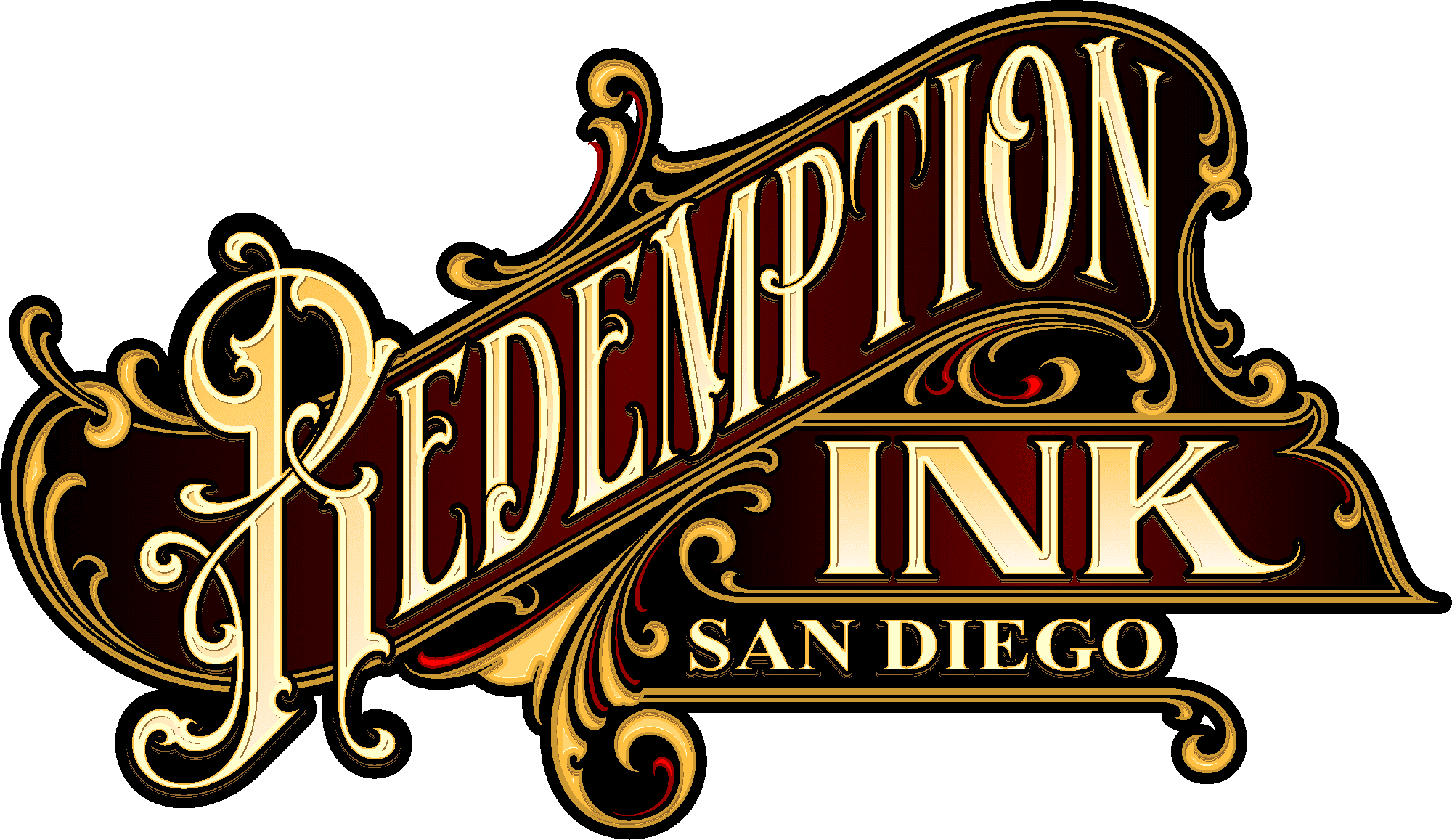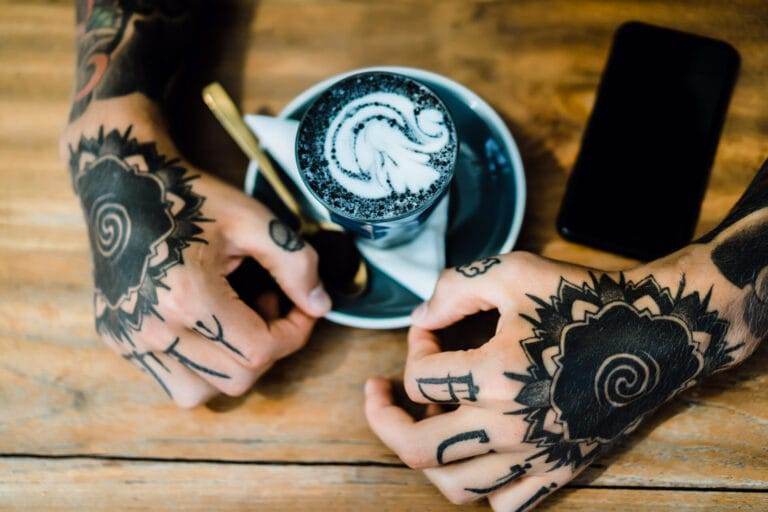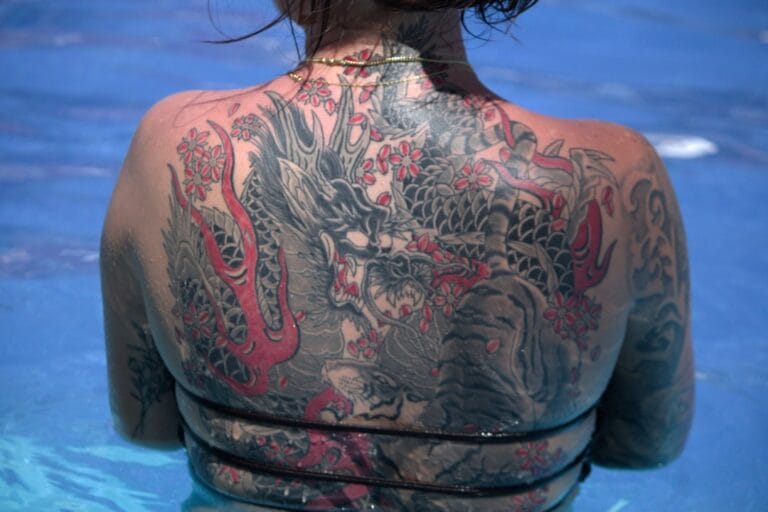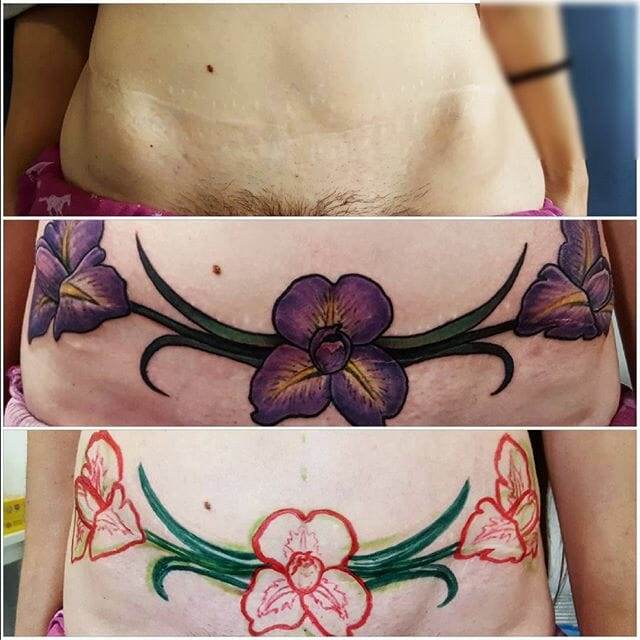
Proper nutrition plays a pivotal role in the overall health and well-being of an individual, particularly when preparing for a tattoo. The body requires a variety of nutrients to function optimally, and this is especially true when undergoing a procedure that involves breaking the skin. A well-nourished body not only supports the healing process but also enhances the quality of the tattoo itself.
When the skin is healthy, it can better absorb ink, leading to vibrant colors and crisp lines. Conversely, poor nutrition can lead to complications such as excessive bleeding, prolonged healing times, and even infections. Moreover, the psychological aspect of nutrition cannot be overlooked.
Consuming a balanced diet can help reduce anxiety and stress levels, which are common feelings before getting a tattoo. When individuals feel physically strong and mentally prepared, they are more likely to have a positive experience during the tattooing process. Therefore, understanding the importance of proper nutrition is essential for anyone considering body art, as it lays the foundation for both the procedure and recovery.
Key Takeaways
- Proper nutrition is important for overall health and can aid in the healing process after getting a tattoo.
- Pre-tattoo meal ideas should include a balance of protein, carbohydrates, and healthy fats to provide energy and support the body during the tattooing process.
- Staying hydrated before and after getting a tattoo is crucial for maintaining skin elasticity and aiding in the healing process.
- Post-tattoo recovery foods should focus on protein and nutrient-dense options to support the body’s healing and recovery.
- Avoid consuming alcohol, caffeine, and high-sugar foods before and after getting a tattoo, as they can affect the body’s ability to heal and increase sensitivity during the tattooing process.
Pre-Tattoo Meal Ideas
When planning meals before getting a tattoo, it’s crucial to focus on foods that provide sustained energy and essential nutrients. A balanced meal should include a combination of lean proteins, healthy fats, and complex carbohydrates. For instance, a grilled chicken salad topped with avocado and a variety of colorful vegetables can be an excellent choice.
This meal not only offers protein for muscle repair but also provides healthy fats that support skin health and antioxidants that combat inflammation. Another great pre-tattoo meal idea is oatmeal topped with fresh fruits and nuts. Oatmeal is a complex carbohydrate that releases energy slowly, helping to maintain stable blood sugar levels throughout the tattooing process.
Adding fruits like bananas or berries can provide additional vitamins and minerals, while nuts contribute healthy fats and protein. This combination ensures that your body is well-fueled and ready for the experience ahead.
Hydration Tips

Staying hydrated is one of the most critical aspects of preparing for a tattoo. Water plays a vital role in maintaining skin elasticity and overall health, which can significantly impact how well the skin accepts ink. It is recommended to start increasing water intake at least a few days before the appointment.
Aim for at least eight glasses of water daily, but this may vary depending on individual needs and activity levels. Herbal teas or infused water with fruits can also be refreshing alternatives to plain water. In addition to drinking plenty of fluids, it’s essential to monitor your hydration levels by observing your urine color; light yellow indicates proper hydration, while dark yellow suggests dehydration.
Avoiding excessive caffeine or alcohol before your tattoo appointment is also advisable, as these substances can lead to dehydration and may affect your pain tolerance during the procedure. By prioritizing hydration, you can help ensure that your skin remains supple and ready for the tattooing process.
Post-Tattoo Recovery Foods
After getting a tattoo, the body enters a healing phase that requires specific nutrients to support recovery. Consuming foods rich in vitamins A, C, and E can significantly aid in skin repair and regeneration. For example, incorporating sweet potatoes, carrots, and leafy greens into your diet can provide ample vitamin A, which is essential for skin health.
Citrus fruits like oranges and strawberries are excellent sources of vitamin C, known for its role in collagen production and immune function. Additionally, protein-rich foods should be prioritized post-tattoo to help repair tissues and promote healing. Lean meats, fish, eggs, and plant-based proteins like beans and lentils are all beneficial choices.
Including healthy fats from sources like avocados or nuts can also support skin health by providing essential fatty acids that help maintain moisture levels in the skin. By focusing on these nutrient-dense foods after getting a tattoo, you can enhance your body’s natural healing processes.
Foods to Avoid Before and After Getting a Tattoo
Certain foods should be avoided both before and after getting a tattoo to minimize complications and promote optimal healing. High-sugar foods can lead to inflammation and may hinder the healing process. Sugary snacks like candy or pastries should be limited in the days leading up to your appointment.
Additionally, processed foods that are high in unhealthy fats can negatively impact skin health and overall recovery. Alcohol is another substance to avoid before getting a tattoo, as it can thin the blood and increase bleeding during the procedure. This not only affects the quality of the tattoo but can also prolong healing time.
After getting a tattoo, it’s wise to steer clear of spicy foods or anything that may irritate the skin, as these can exacerbate discomfort or lead to complications. By being mindful of what you consume around your tattoo appointment, you can help ensure a smoother experience.
Nutrients That Aid in Healing
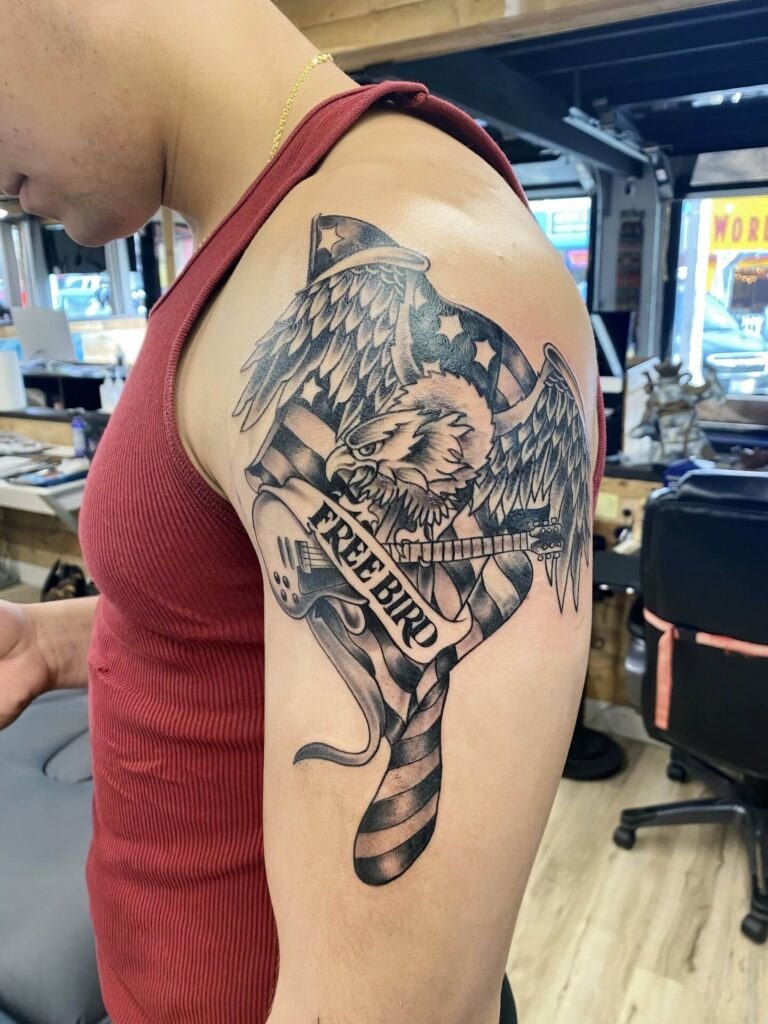
Several key nutrients play a significant role in promoting healing after getting a tattoo. Zinc is one such mineral known for its ability to support immune function and wound healing. Foods rich in zinc include shellfish, legumes, seeds, nuts, dairy products, and whole grains.
Incorporating these foods into your diet can help bolster your body’s defenses against infection while facilitating tissue repair. Omega-3 fatty acids are another important nutrient for healing. Found in fatty fish like salmon, walnuts, flaxseeds, and chia seeds, omega-3s possess anti-inflammatory properties that can help reduce swelling and promote faster recovery.
Additionally, vitamin K is essential for blood clotting and can be found in leafy greens such as kale and spinach. Ensuring an adequate intake of these nutrients can significantly enhance your body’s ability to heal effectively after getting inked.
Timing of Meals
The timing of meals around your tattoo appointment is just as important as what you eat. It’s advisable to have a substantial meal about two to three hours before your session to ensure that your body has enough energy without feeling overly full or sluggish. This meal should be balanced with proteins, carbohydrates, and healthy fats to provide sustained energy throughout the procedure.
After getting a tattoo, it’s equally important to continue nourishing your body with timely meals. Eating within an hour or two post-tattoo can help replenish energy stores and kickstart the recovery process. Focus on consuming nutrient-dense foods that support healing during this time.
Spacing out meals every few hours can also help maintain energy levels while providing your body with the necessary nutrients it needs for optimal recovery.
Consulting with a Professional
Before making any significant changes to your diet or nutrition plan in preparation for a tattoo, consulting with a healthcare professional or registered dietitian is highly recommended. These experts can provide personalized advice based on individual health needs and goals. They can help identify any potential deficiencies or dietary restrictions that may affect your ability to heal effectively after getting inked.
Additionally, discussing any concerns about nutrition with your tattoo artist may also be beneficial; they often have experience with clients’ healing processes and can offer insights based on their observations. By taking the time to consult with professionals before your tattoo appointment, you can ensure that you are well-prepared nutritionally for both the procedure itself and the recovery period that follows.
FAQs
What should I eat before getting a tattoo?
Before getting a tattoo, it’s important to eat a balanced meal that includes protein, carbohydrates, and healthy fats. This can help stabilize your blood sugar levels and provide you with the energy needed for the tattoo session.
What are some good pre-tattoo meal options?
Good pre-tattoo meal options include lean proteins such as chicken or fish, complex carbohydrates like whole grains or sweet potatoes, and healthy fats from sources like avocados or nuts. It’s also important to stay hydrated by drinking plenty of water.
Why is it important to eat before getting a tattoo?
Eating before getting a tattoo can help prevent lightheadedness, dizziness, or fainting during the tattoo session. It can also help support your body’s ability to heal and recover after the tattoo is completed.
What should I eat after getting a tattoo?
After getting a tattoo, it’s important to eat a nutritious meal that includes plenty of protein to support the healing process. Foods rich in vitamins and minerals, such as fruits and vegetables, can also help support the body’s recovery.
Are there any specific foods to avoid before or after getting a tattoo?
It’s best to avoid consuming excessive amounts of alcohol or caffeine before getting a tattoo, as these can increase sensitivity to pain and affect the body’s ability to heal. After getting a tattoo, it’s important to avoid consuming alcohol, as it can thin the blood and increase the risk of bleeding and swelling at the tattoo site.
